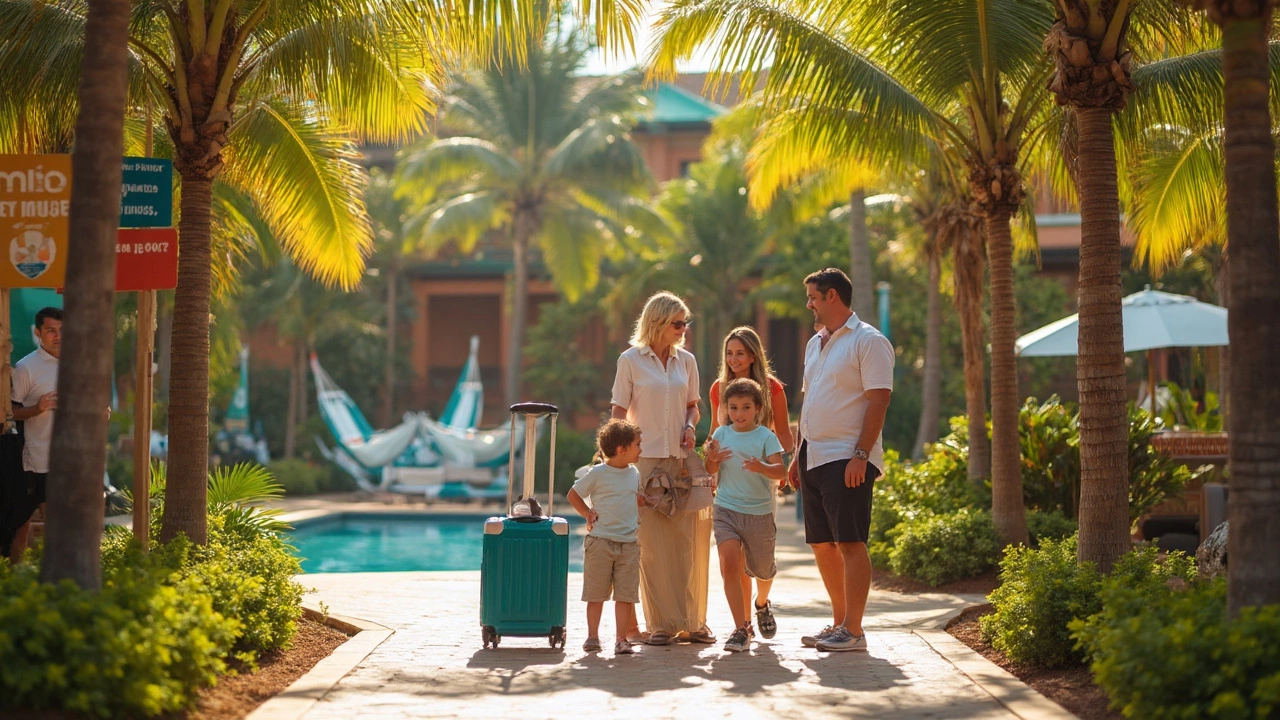Travel safety tips you can actually use
Going on a vacation or a business trip should feel exciting, not scary. The good news is you don’t need a security team to stay safe – a few plain‑common sense habits go a long way. Below are the steps that work for most trips, whether you’re heading to a city, the countryside, or an overseas island.
Before you go
First up, plan your safety before you even pack the bag. Start by checking the travel advisory for your destination on a reputable government site. Knowing whether there are any recent protests, natural hazards, or health alerts lets you adjust your itinerary or pack the right gear.
Next, make a copy of your passport, driver’s licence and any important medical documents. Keep one set in a secure place at home and another set in a different part of your luggage. If you lose the original, you’ll have the info on hand to get a replacement fast.
Invest in a small travel‑size lock and use it on every bag, even on your carry‑on. Thieves often target easy‑to‑grab items in busy stations. A lock isn’t a guarantee, but it makes you look less appealing to opportunistic pickpockets.
Share your travel plan with a friend or family member. Tell them where you’ll be staying, flight numbers and any local contacts. A quick text when you arrive at a new city can give them peace of mind – and gives you a fallback if something goes wrong.
On the road
When you land, keep an eye on your belongings. In airports and train stations, use a money belt or hidden pouch under your shirt. If you need a phone charger, plug it into a wall socket with a built‑in USB port – this reduces the risk of a charging‑station scam.
While you’re out exploring, stay aware of your surroundings. That doesn’t mean you have to be nervous, just avoid being glued to your phone in crowded places. If a street feels empty or too quiet, trust your gut and move to a busier area.
Transportation safety matters too. Use licensed taxis or rideshare apps that show driver details and a real‑time map. When renting a car, inspect it for damage before you drive off and take photos – you’ll avoid unexpected charges later.
Save emergency numbers on your phone, not just in your head. Most countries have a 112 or 999 number for police, fire and medical help. Write down the address of your accommodation and the nearest hospital, just in case your phone battery dies.Finally, protect your money. Carry a mix of cash, a low‑limit credit card and a backup debit card stored separately. If a card gets stolen, you can cancel it without losing all your cash.
Travel doesn’t have to be risky. By checking advisories, securing documents, staying aware and having a backup plan, you can focus on the fun parts of the trip. Keep these tips in mind, and you’ll travel smarter and safer every time you hit the road.
Is it Safe to Go to Mexico All-Inclusive? What Travelers Really Need to Know
Thinking about booking an all-inclusive in Mexico but worried about safety? This article gives straight answers, separating facts from hype. Get tips on where to stay, what to watch out for, and how to enjoy your trip without unnecessary stress. Plus: real info on what resorts actually do to keep guests safe. Know what to expect before you pack your bags.
- Apr, 27 2025
- 0 Comments
